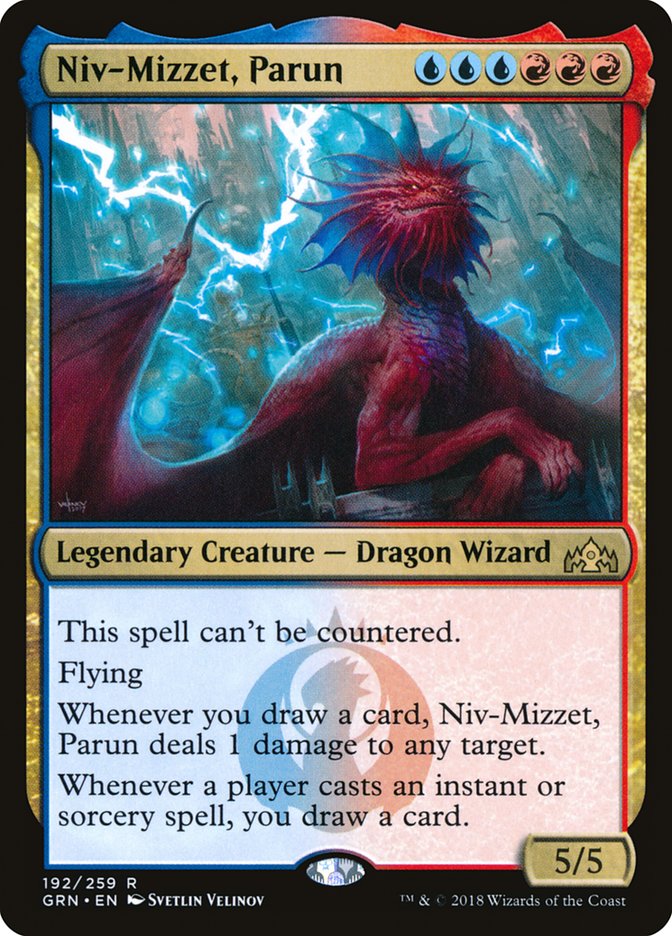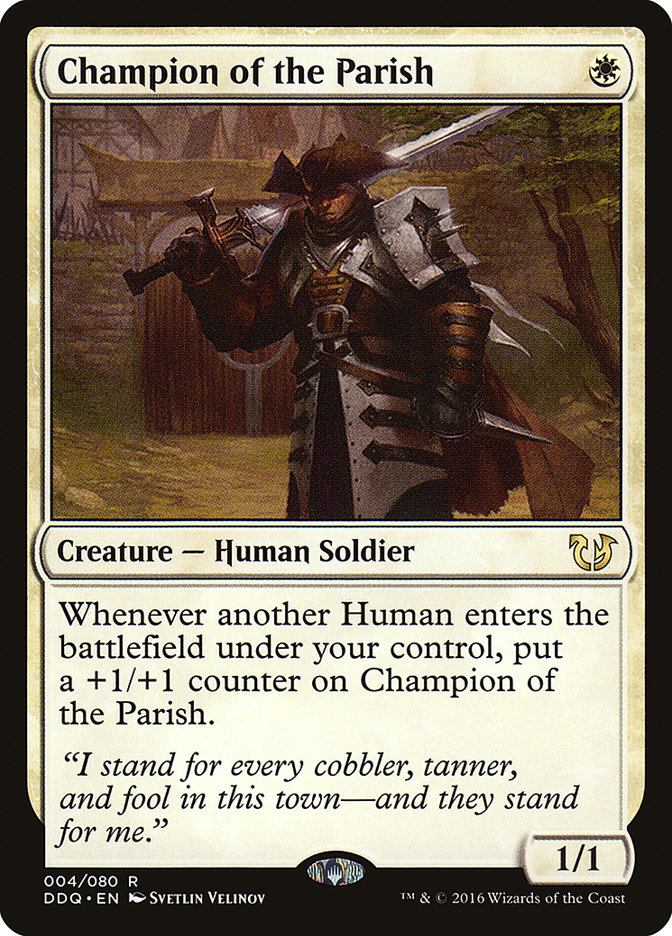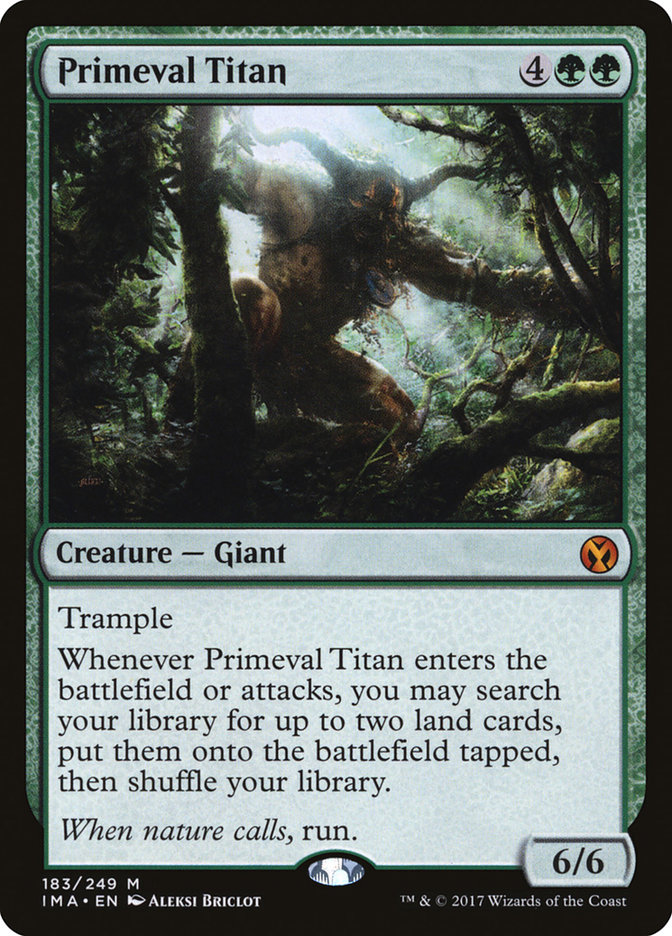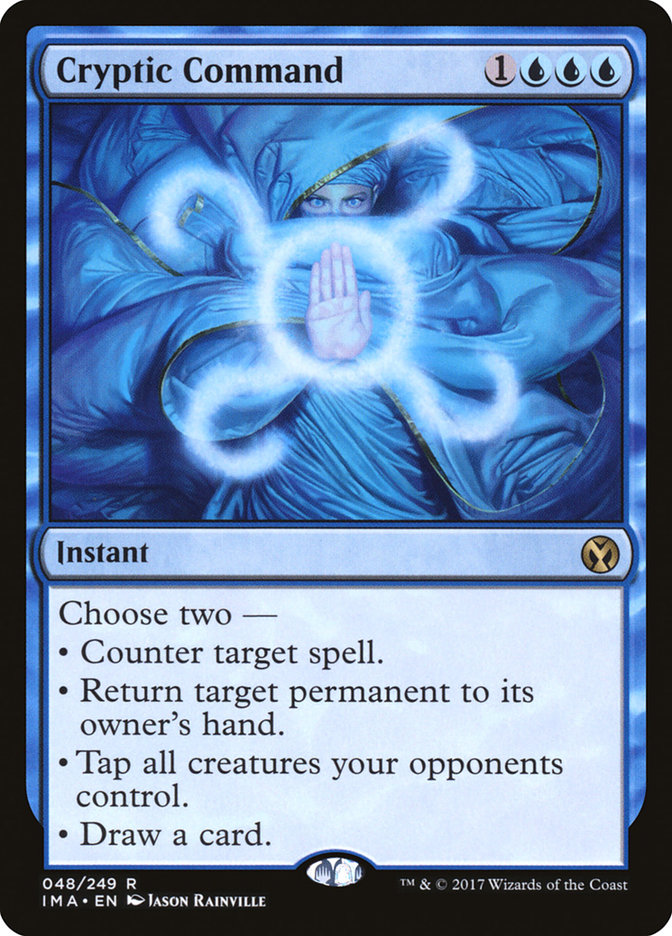I’ve played Boros Aggro in every tournament since my win at Pro Tour Guilds of Ravnica. No amount of Golden Demises, Goblin
Chainwhirlers, and Fungal Infections could sway me from my trusty Venerated
Loxodons. For most of these tournaments, I don’t think Boros Aggro was the
best deck, but I ignored conventional wisdom and played it anyway. While
I’m certainly biased by having such a big win with the deck, I continue to
play Boros because of one concept: range.
Creatures (26)
- 4 Adanto Vanguard
- 4 Skymarcher Aspirant
- 4 Snubhorn Sentry
- 4 Benalish Marshal
- 4 Dauntless Bodyguard
- 2 Healer's Hawk
- 4 Venerated Loxodon
Lands (20)
Spells (14)

What is Range?
Range is the set of decks you play well. This incorporates a mix of natural
ability and accumulated practice with similar decks across time.
Personally, my range consists primarily of decks that execute a focused
gameplan. It’s almost always a mistake for me to pilot a confused midrange
deck or an aggro-control deck that constantly switches roles. But Boros,
with its singularly aggressive nature, is right up my alley.
Different people have different levels of range, even at the highest levels
of the game. At one extreme, Hall of Famer Guillaume Wafo-Tapa has achieved
five Pro Tour Top 8s while playing exclusively blue counter-based control
decks. At the other extreme, SCG’s own Ari Lax has racked up strong results
with just about every archetype across the spectrum.
Range and Preparation
When preparing for a tournament, time is a limited resource. It doesn’t
matter whether you only have a few days of preparation or plan to play
eight hours a day for week straight. You’ll simply never have time to play
every deck, every sideboard plan, and every matchup enough times to draw
sound conclusions.
Playing an archetype that you have a long history of good results with
essentially gives you a leg up. It means you’ll play that deck better from
the very first match and that you can focus on finding a strong sideboard
plan or learning the key decisions in a tricky matchup, rather than having
to build up basic proficiency with the archetype.
Note that these advantages are magnified when you’re also familiar with the
specific deck in question. When I played Boros Aggro last week at the
Season Two Invitational, the only new concept I had to grasp was piloting
my deck against the new Jeskai decks featuring four copies of Niv-Mizzet,
Parun. The existence of the Dragon meant that Jeskai slammed the door much
more quickly. Thus, I needed to play around Settle the Wreckage much less
and go for the kill much more, angling to end the game immediately if they
ever tapped out for Niv-Mizzet. This took some practice for me to master,
but, once I grasped it, I needed almost no additional Standard testing. The
rest of the decks simply hadn’t changed very much since I last played the
format.
The Typical Mind Fallacy
There are a million Magic articles out there advising you to simply play
the objectively best deck, many written by the greatest ever to play the
game. I have no doubt that this approach works for the people writing those
articles, but I think it’s unlikely to work for many Magic players. Humans
have a documented tendency to assume that everyone thinks like them because
they believe that their mind is “typical.”
In reality, human minds have a huge degree of variation with many
multi-dimensional strengths and weaknesses. Some minds naturally lend
themselves to intricate combat math of aggro decks while other minds lend
themselves to puzzle decks like Amulet Titan or Storm. Still other minds
intuitively grasp the fundamental question of control: should I counter
this?
These properties of human minds tend to be relatively immutable and
difficult to change in my experience. However, there exist rare people who
can legitimately play anything. These people write articles advising the
simple methodology of “always play the best deck” and incorrectly believe
that because they can handle playing any deck with no trouble, so can
anyone else.
I’m not arguing that people who have a large range do not exist. I’m
arguing that the majority of the Magic community would benefit from
switching decks less often and shrinking the set of the decks that they
play. If you have an exceptional range and have good historical results
with a variety of decks, by all means, exploit that. But if you’re like me
and can only play certain archetypes, do not pretend otherwise. It will
only hurt you.
Range and Exhaustion
Playing a Magic tournament is like taking three consecutive SATs with no
breaks; it’s hard not only due to the problems themselves but due to the
sheer number you need to solve in a row. Doing this with an unfamiliar deck
is like opting to take those same SATs in French: it needlessly complicates
an already grueling task. You don’t want to find yourself playing a deck
that pushes your limits under those conditions. You want to be playing a
deck that’s second nature to you. That way, when you’re sleep deprived,
hungry, and deep in the last round of the day, you’ll still be playing
reasonably well.
Range in the Long Run
There’s common argument against my position that can be summarized with a
single quote: “Don’t skip leg day.” This argument claims that just as you
exercise different muscle groups to make each of them strong, you should
play many archetypes throughout your career to become strong with all of
them. That way, you will eventually be able to always select the best deck
and play it well. In essence, they claim that diminishing returns on
practicing any given archetype means that a balanced approach produces the
best results.
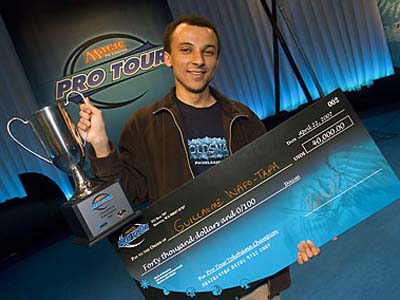
I think this argument misses a fundamental fact – most people are nowhere
close to the ceiling of skill in terms of their ability with any archetype.
If you play blue control for a couple of random seasons in your career,
you’ll be nowhere close to Wafo-Tapa. He is great precisely because he never plays anything other than control. While
diminishing returns do exist, I think they diminish slowly enough that it’s
still correct, in general, to specialize. Magic allows you to make sure
your specialty is always relevant via deck selection. Don’t throw away this
advantage – become a master of something, not a jack of all trades.
Embracing the Second-Best Deck
There are times in Magic when a single deck is so overwhelmingly broken
that you would be foolish not to play it, regardless of range. I’m not
going to sit here and tell you that you shouldn’t have played Eldrazi
during Eldrazi Winter. However, the vast majority of the time, the top
three or four decks in any given format are extremely close in power level.
In cases like those, playing the deck that you will pilot the best or the
deck that you have the most experience with is almost certainly correct.
When history looks back on this Standard format, it will remember Jeskai
Control as the best deck. But I don’t think Jeskai is sufficiently better
than Boros to necessitate switching. If Jeskai is 2% better versus the
field as a whole, but, due to my allotted testing time, I will make
mistakes that will cost me 3% or more of its win percentage, the right call
is for me to play Boros Aggro.
of skill in terms of their ability with any archetype.
Too often Magic players are afraid to admit that they didn’t play the best
deck. There’s almost a stigma in the community around this. We as players
want to believe that we can quickly and easily learn to play anything to an
extremely high level. Unfortunately for most of us, this is simply not the
case. Don’t be afraid to lean into this. Know your limits and give yourself
the best chance to win by remaining within them.
I believe Jeskai Control is the best deck in Standard.
I play Boros Aggro anyway because I believe it gives me the best chance to
win.


